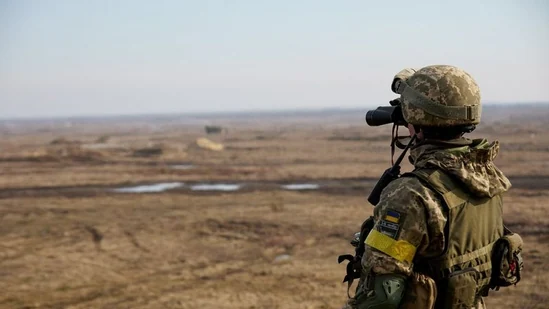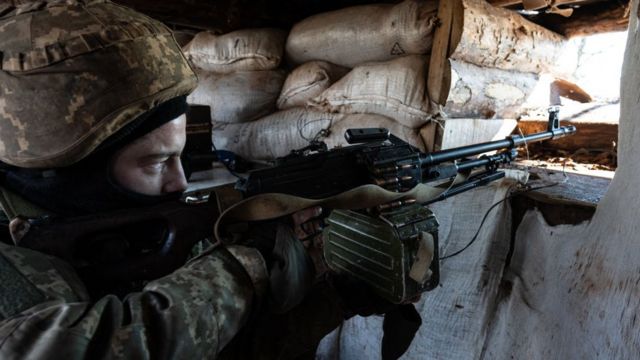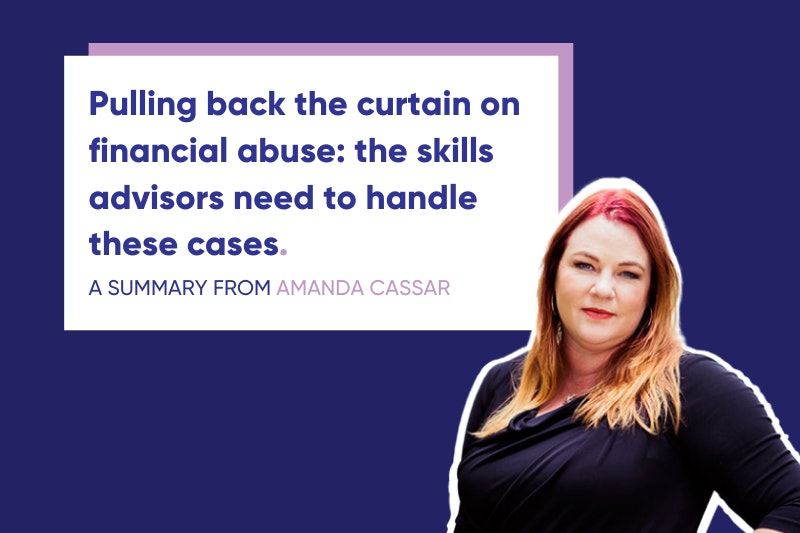Financial abuse can affect clients of all backgrounds. It occurs in over 90% of all domestic violence cases. It is time for economic abuse training for advisers so they can better meet the challenge. Many advisers admit they unsure of the red flags of financial abuse. And sadly, what to do if they encounter it.
Standards International has partnered with Australian adviser Amanda Cassar to launch a training programme to tackle economic abuse.
So what is financial abuse?
Economic abuse is when one person has control over another’s access to financial resources. It was recognised as abuse in the domestic abuse bill after calls to make it a criminal offence.
The Financial Abuse Specialist course will be available to advisers globally via Standards International website from 1 June 2020.
The course is a training and certification programme to help advisers understand the signs of abuse. And importantly, know how to assist clients. Therefore, the online training consists of video interviews with abuse survivors, advisers and lawyers. It includes reading materials, quiz questions, references and case studies. At the end, you will have devised your own internal Procedure to deal with cases you encounter.
Advisers need to “know their clients”
Wealth Planning Partners director Amanda Cassar says: “As advisers we must know our clients in order to give appropriate advice. And, economic abuse can occur regardless of socio-economic standing, education, race or ethnicity.”
Cassar, a global ambassador for financial abuse prevention and remediation, added: “There is no cookie-cutter approach to assisting clients. But, you can help reduce the risk of exposure to financial abuse through education. Also, through advising clients about protection options such as trusts or binding financial agreements.”
Certification
To achieve the Financial Abuse Specialist certification, course participants are invited to submit testing materials. The certification aims to help consumers identify advisers with the expertise and resources to support them.
Read more about economic abuse and how to get involved with this training programme in the magazine this week.





 January 18, 2025
January 18, 2025 




















